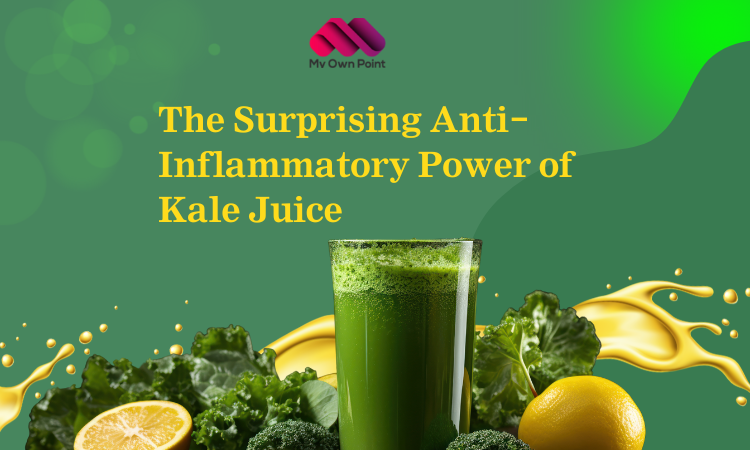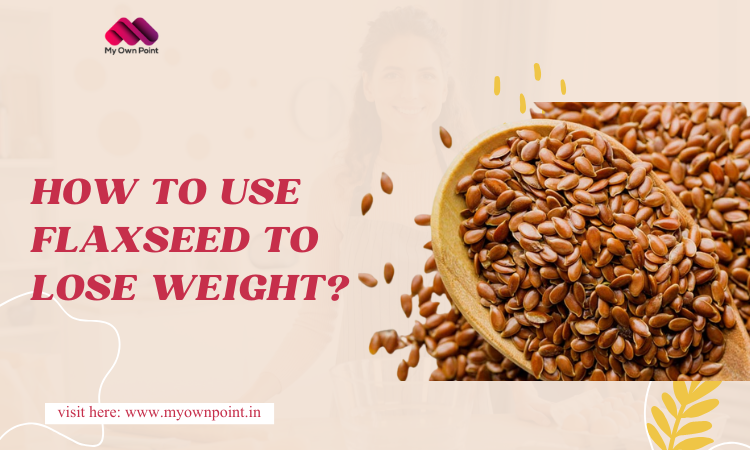In recent years, fermented products made from vegetables, fruits, legumes, and grains have gained attention for their health benefits. These products have probiotics and are rich in phytochemicals and phytonutrients. A new fermented vegetable juice has recently appeared, offering good nutrition and suitable for vegans.
Kale is known for being a very healthy vegetable and is often called a superfood because of its many health benefits. The anti-inflammatory power of kale juice is rapidly gaining recognition as a powerhouse in the realm of natural health remedies. If you want to reduce chronic inflammation or boost your immune system, kale juice is a great natural option. Research shows that flavonoids in kale, like quercetin and kaempferol, may help with diseases such as obesity, high cholesterol, and inflammatory bowel disease. This article will analyze the science behind the anti-inflammatory power of kale juice and how to add it to your diet.
Also Read: Try Power Yoga to Lose Weight in 7 Days – A Comprehensive Guide
Understanding Inflammation and Its Impact on Health
Inflammation is the body’s way of defending itself against infections and helping heal injuries. However, if inflammation lasts too long, it can lead to health problems like heart disease, diabetes, arthritis, and cancer. Long-term inflammation can result from poor diet, lack of exercise, stress, and pollution. To combat this, adding anti-inflammatory foods to your diet is important. Kale juice is a great choice because it contains antioxidants, vitamins, and minerals that help reduce inflammation and protect your body from stress.
Nutritional Powerhouse: What’s in Kale Juice?
Kale juice is rich in important nutrients that can help reduce inflammation.
- Vitamin K: Kale is a great source of vitamin K, which helps lower inflammation by regulating immune responses and reducing inflammatory markers in the body.
- Vitamin C: This strong antioxidant fights oxidative stress, a major cause of inflammation. It also strengthens your immune system and aids in tissue repair.
- Omega-3 Fatty Acids: While kale isn’t a main source of omega-3s, it contains alpha-linolenic acid (ALA), a plant-based omega-3 that helps reduce inflammation. Omega-3s lower the production of pro-inflammatory cytokines.
- Flavonoids and Polyphenols: Kale contains flavonoids and polyphenols, which help decrease inflammation. These compounds neutralize free radicals, preventing cell damage and lowering inflammation.
- Magnesium: This mineral helps manage inflammation by regulating inflammatory pathways and assisting the body in handling stress.
Fibre Kale also has a good amount of fibre, which supports gut health. Since gut health is linked to inflammation levels, eating fibre-rich foods like kale can help reduce inflammation indirectly.
Also Read: The Key Of Happiness : Sudarshan Kriya Art of Living
The Science Behind Kale’s Anti-Inflammatory Effects
Kale has strong anti-inflammatory properties due to its high levels of antioxidants and other beneficial substances. The phytonutrients in kale help control inflammation by reducing the production of inflammatory cytokines and enzymes.
- One important compound is sulforaphane, found in kale and other cruciferous vegetables. Research shows that sulforaphane has powerful anti-cancer and anti-inflammatory effects. It works by removing free radicals and lowering inflammation pathways in the body.
- Another beneficial compound in kale is kaempferol. Studies show that kaempferol can reduce inflammation and lymphocyte infiltration in the tissues of people with arthritis and other chronic inflammatory diseases. It helps stop the production of inflammatory molecules in the body.
Kale Juice vs. Raw Kale: Which is Better for Inflammation?
Raw kale and kale juice are nutritious but affect the body differently. Kale juice has a higher concentration of nutrients and is better at reducing inflammation. Raw kale is rich in potassium, vitamins C and B6, calcium, and trace elements. It’s juice helps digestion because it has no fibre, allowing your body to absorb more anti-inflammatory substances. If you eat a high-fiber diet, this might explain why you find it hard to eat raw kale.
Kale is a great source of potassium, which helps regulate blood pressure. The vitamins, minerals, and calcium in kale also support overall health. Juicing kale allows your body to absorb nutrients faster than eating raw kale, which can strengthen your bones.
Also Read: Yoga Poses After Inguinal Hernia Surgery
How to Add Kale Juice Into Your Diet
Here’s how to make kale juice a part of your daily diet:
- Morning Boost: Drink kale juice first thing in the morning. It will help wake you up and reduce inflammation. You can add ginger, turmeric, or lemon for extra flavour.
- Smoothies: Blend kale with your favourite fruits for a smoothie after your morning juice, or enjoy it alone.
- Salads and Dressings: Add to salads with olive oil or apple cider vinegar and a bit of mustard for a tasty dressing.
- Soups and Broths: You can mix kale juice into soups or broths. Enjoy it however you like.
Also Read: Transform Your Health: Intermittent Fasting Diet Plan for Weight Loss
Here are Some of Anti-Inflammatory Power of Kale Juice
Kale juice helps fight inflammation and offers several health benefits:
- Cleansing: Drinking kale juice may help cleanse the body by supporting the liver and reducing toxins.
- Better Skin: Kale is rich in antioxidants, especially vitamin C, which boosts collagen production for healthier skin.
- Cardiovascular Health: Some compounds in kale can lower cholesterol, promoting better heart health.
- Aiding in Weight Loss: Kale juice is nutrient-dense and low in calories, making it a great choice for those looking to lose or maintain weight.
Precautions and Considerations
Kale juice has both benefits and drawbacks. Here are some important points to consider:
- Thyroid Health: Kale contains goitrogens, which can harm the thyroid. If you have thyroid problems, limit your kale intake.
- Oxalates: Kale has oxalates that can lead to kidney stones in some people. Eating it in moderation can help prevent this.
- Juicing: Juicing removes much of the fibre from kale. To keep a balanced diet, try to include whole kale and juice.
Conclusion
Kale juice is a great solution for chronic inflammation because it has anti-inflammatory properties. This vegetable contains antioxidants, vitamins, and minerals, making it a good addition to any diet. If you have an inflammation issue or want to improve your health, try kale juice! Just include it in your daily meals to enjoy the benefits of this green superfood.
Also Read: Top 5 Reasons to Try Peptide Serums For Skin




